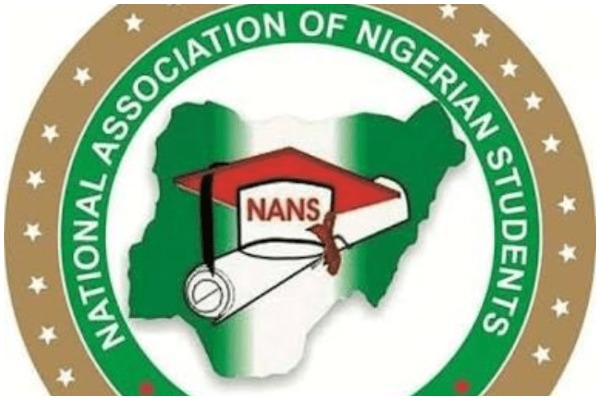The National Association of Nigerian Students has opposed the proposed electricity tariff of N80,000 per student by the Committee of Vice-Chancellors of Nigerian Universities.
The proposed hike is seen as a response to the surging costs of electricity in the country, which universities claim they can no longer afford to cover without passing the burden onto students.
Recall that Secretary-General of the CVCNU, Professor Yakubu Ochefu, recently revealed that university students might be required to pay as much as N80,000 each to help manage the escalating electricity costs.
Ochefu noted that each universities which was previously charged N61m monthly, was now paying above N200m due to the introduction of the Band A system and the subsequent hike in electricity tariffs.
In April 2024, the Nigerian Electricity Regulatory Commission raised the electricity tariff for Band A customers from N68/KWh to N225/KWh, marking a staggering 300 per cent increase.
Band A customers are those who receive electricity for at least 20 hours per day.
Reacting to this development, NANS National President, Lucky Emonefe, in an interview with Saturday PUNCH, opposed the idea of transferring the electricity costs to students.
“It is not possible. Nigerian students cannot pay such exorbitant fees. While we understand there has been hike in electricity tariffs, the burden cannot be put on the students,” Emonefe stated.
He emphasised that NANS’ commitment to resisting any attempt to increase electricity tariffs for students across the institutions.
He said, “The electricity tariff hike is one of the issues we are engaging the government on. It is not the fault of the Vice Chancellors, but we agree that the government should remove our institutions from Band A and place them in Band B. No Nigerian student will pay that N80,000; we will reject it.”
The Academic Staff Union of Universities also weighed in on the issue, calling for increased government funding for universities.
ASUU National President, Prof. Emmanuel Osodeke, stressed that improved funding would enable universities to operate independently and potentially generate their power.
He further elaborated on the need for universities to receive adequate funding to explore self-sufficient energy solutions.
He said, “There are several issues wrong with the system. The funding is poor, and given the current environment, there is no way students can handle such a bill.
“There is no justification for this electricity hike in universities. You cannot charge them at a different rate. By right, everybody should be getting equal electricity, whether you are in Band A or Band B.
“If you fund the universities very well, every university can generate its electricity. If the universities are challenged to do that, we will. But now, universities cannot award contracts without going through the ministries.
“It is so sad because the universities are not allowed to operate on their own. If they are, they can do the necessary research to generate electricity on their own.”
On the other hand, the Association of Nigerian Electricity Distributors has advised universities to adapt to the current realities of increased electricity costs.
The Executive Director of Research & Advocacy at Discos, Sunday Oduntan, stated that reversing the tariff increase was not feasible.
“That is the reality of our time. If the businesses apply it, it is fixed by the regulator and not by the discos using realistic economic realities. If they say we should not consider the cost of production, that means all the businesses will fold up, and there will not be light,” Oduntan explained.

